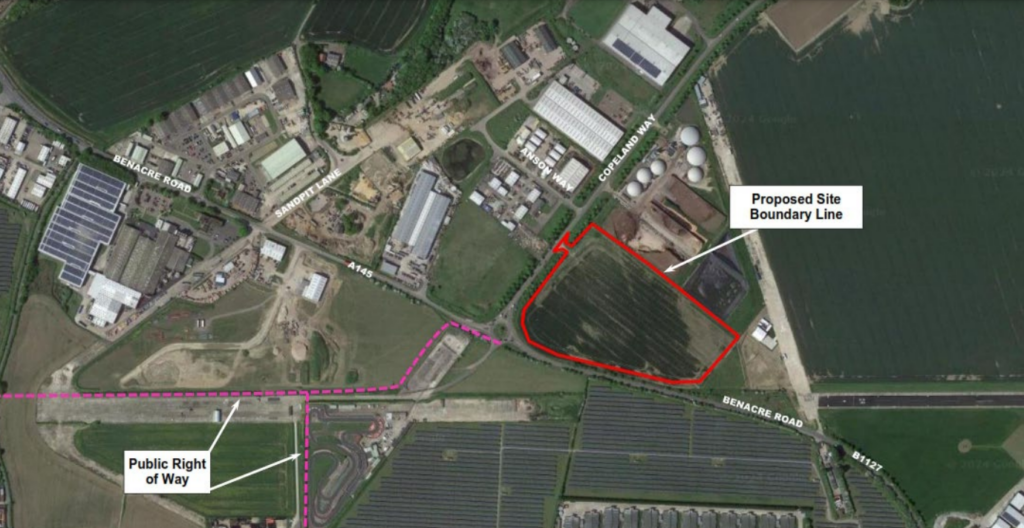Speaking at an MBT workshop in Peterborough, Joe Schwager said the time taken to mature MBT outputs to allow them to be spread on land makes the option unappealing.
He said: “To landfill MBT outputs, you have to mature waste longer. Also, we are short of landfill, so altogether this makes disposing of this material in landfill an unattractive option.”
” The outputs need to mature for a long time, sometimes up to 14 weeks before the biodegradable content is at a low level.“
– Joe Schwager, Juniper
Mr Schwager is part of a team at Juniper, currently conducting an extensive study into MBT systems funded through the SITA Environmental Trust.
Mr Schwager said: “The outputs need to mature for a long time, sometimes up to 14 weeks before the biodegradable content is at a low level, meaning that more open space is needed at a site.”
Waste treated at an MBT plant undergoes a degree of physical separation to remove recyclable elements, and then a drying and composting process to remove moisture and biodegradable content. A relatively new technology for treating waste, the residues from the process can be used as a “refuse-derived fuel” (RDF), sent to landfill or used as a landfill cover.
Disposing of the output in landfill is seen as a strong option by councils because there are less complications associated with it than creating fuel pellets for energy recovery or producing a low grade compost. There are also doubts about availability of markets for RDF.
In his speech, Mr Schwager said that gate fees and Landfill Tax would still be required for any MBT outputs being sent to landfill, adding to the “unappealing” nature of such an option.
Preferable
Mr Schwager suggested that using the outputs for low-grade land applications would be a more preferable option because it was effectively a “free” route for councils.
However, in its current consultation assessing the biodegrability of MBT outputs, the Environment Agency has said that if the outputs are still biodegradable, using the material as landfill cover will probably use up some landfill allowances under the Landfill Allowance Trading Scheme, which is an important consideration for councils.
The Environment Agency also says that where all the outputs are diverted from landfill to recovery or incineration, or only non-biodegradable outputs are landfilled, then no landfill allowances will be used [from MBT].
The Department of Food, Environment and Rural Affairs has said that the current standard of MBT technology is very unlikely to produce an output to correspond with what it defines as a 'c;ompost'.
But, Helmut Schneider of German MBT technology firm VKW – a delegate at the workshop in Peterborough – said that spending more time on the preparation of the MBT output could mean a local authority could make good use of the material for composting.
Continent
Elsewhere at the CIWM-organised event, concerns were voiced that bringing in technologies from the Continent may herald complications. Mr Schwager explained: “Some systems may work perfectly okay on the Continent, but there are different requirements here under the Animal By-Product Regulations.”
He said that the size of containers in the system may need to be altered and the height of ceilings may need to be different. Also, in the UK, the requirement is to have separate exits and entrances for the inputs and outputs of anything which is to be considered for composting under the ABP regulations.
“This could increase costs and lead to time lost while dealing with teething problems,” said Mr Schwager.
Juniper's report on MBT systems is expected to be published in March 2005.











Subscribe for free